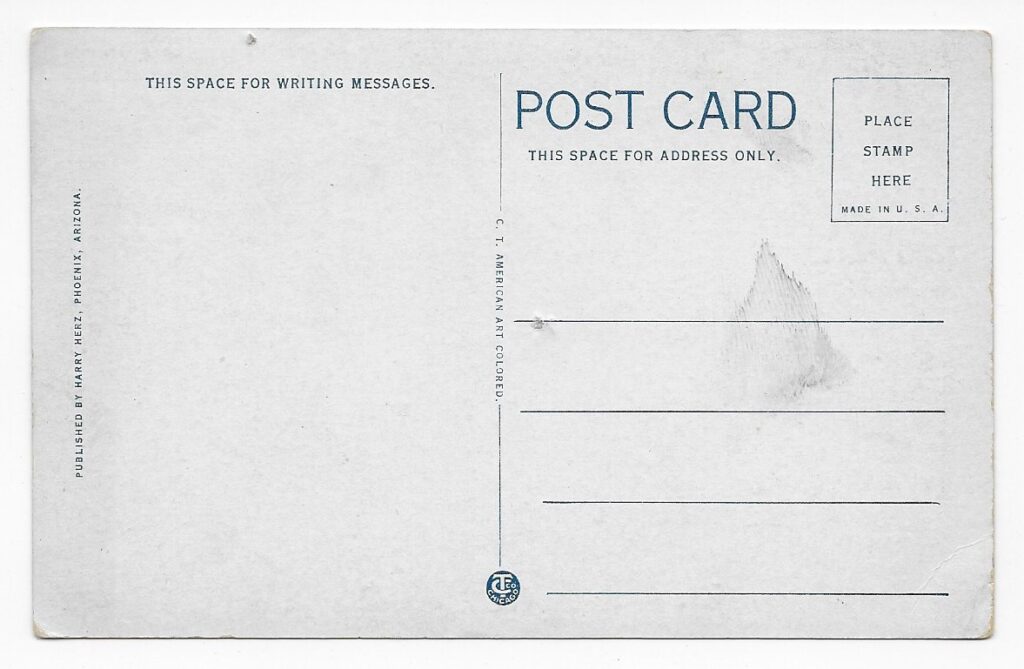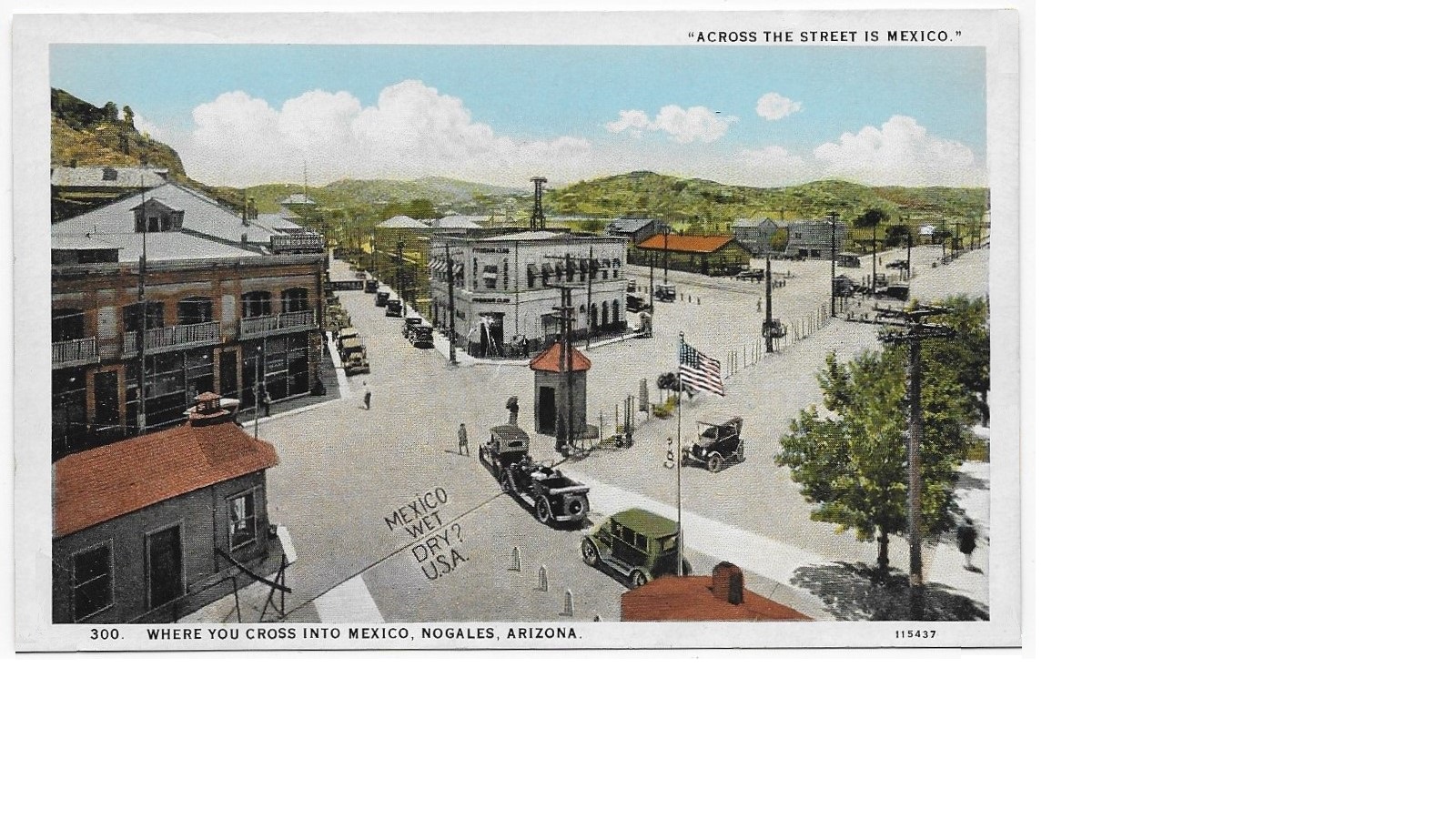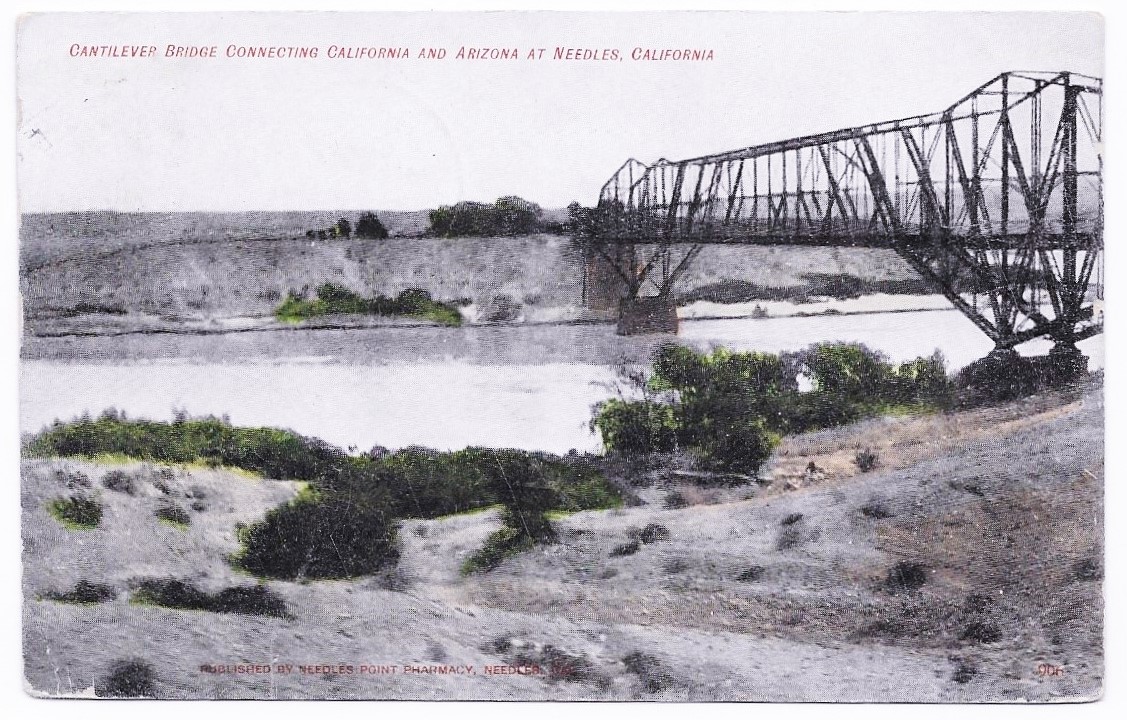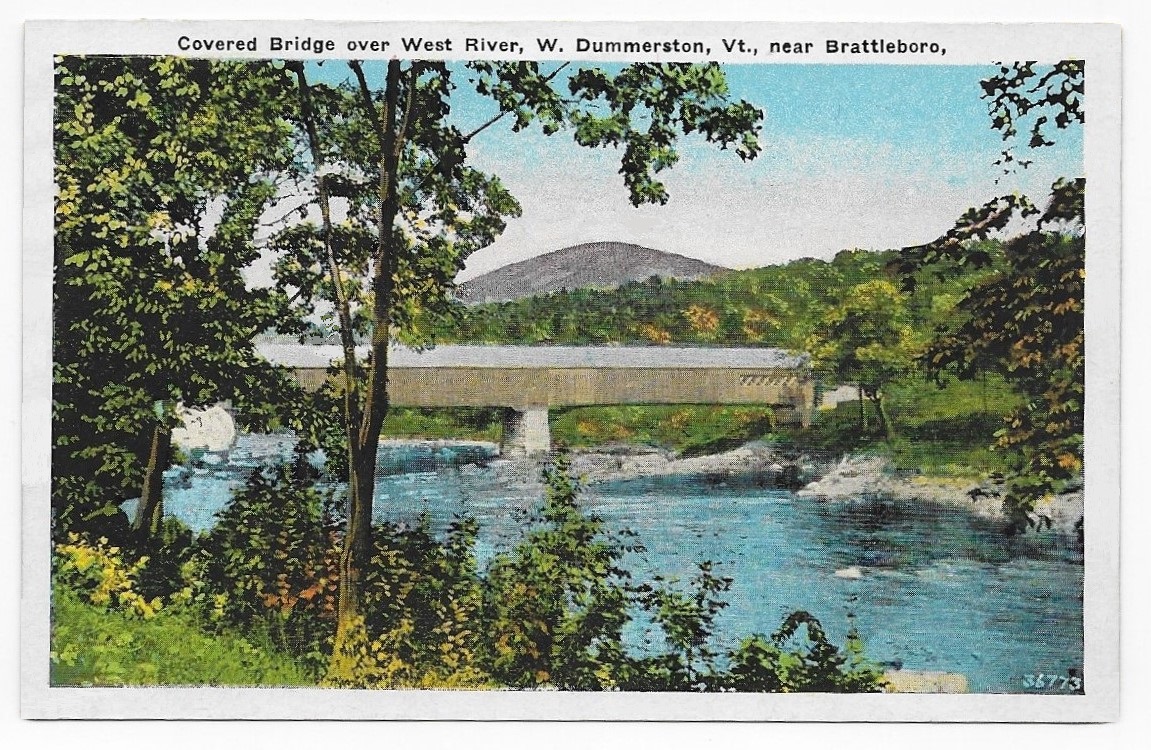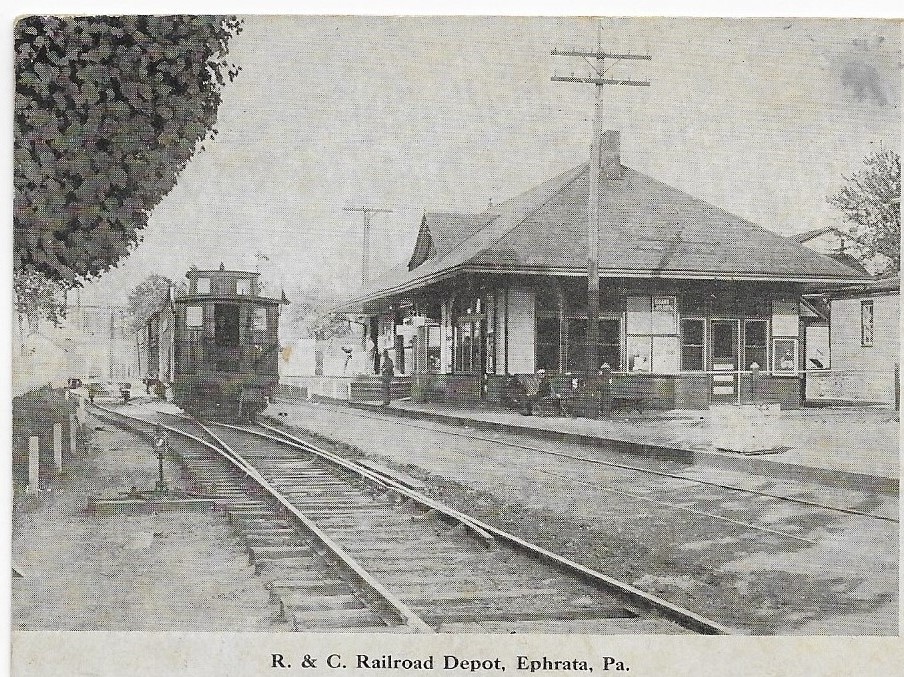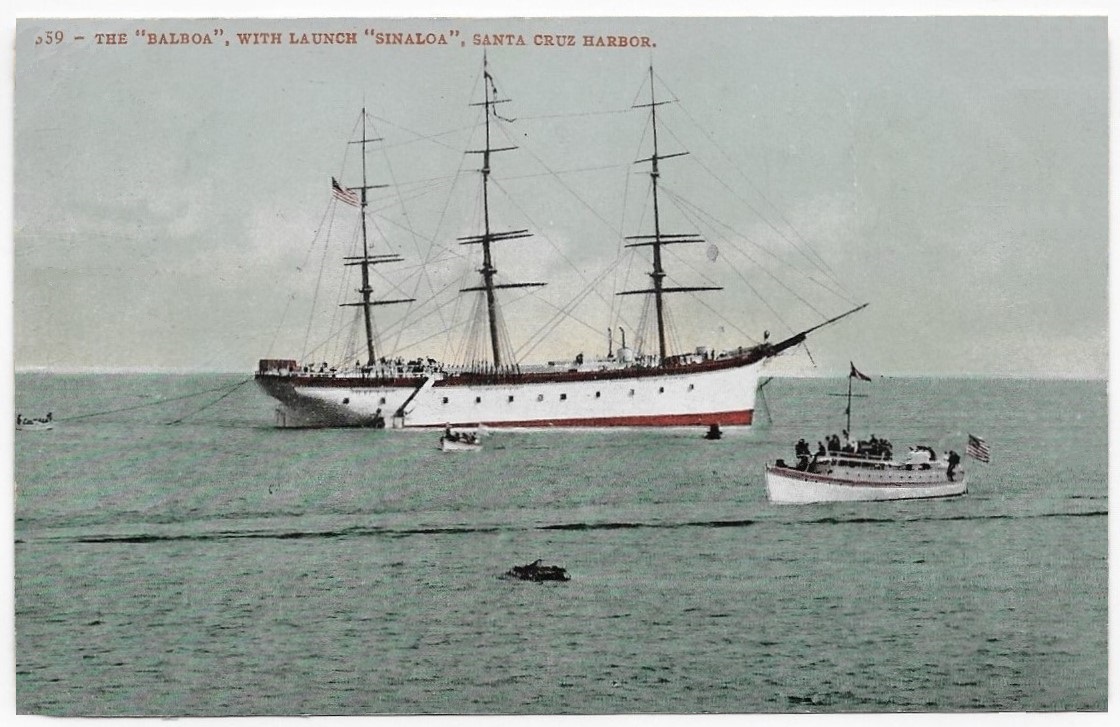Some time ago, we saw a comic postcard from the Prohibition Era (1920-1933), “Come To Canada and Dip in the Foam”.
This postcard is from the same time period and reflects the same appeal of crossing the US border.
The postcard was not mailed; there is no personal story attached to it.
This social experiment of prohibiting the manufacture, sale. and transportation of alcohol began more than a century ago – very few Americans who experienced this era are still living.
From the Google Summary:
Prohibition in the United States, spanning from 1920 to 1933, was a nationwide ban on the manufacture, sale, and transportation of alcoholic beverages. It was enacted through the 18th Amendment and the Volstead Act, and ultimately repealed by the 21st Amendment. While intended to curb social problems associated with alcohol consumption, it led to unintended consequences like the rise of organized crime and bootlegging.
+ + + + + +
The face of the postcard shows the very simple checkpoint at the border of Nogales, Arizona and the twin city of Nogales, Sonora, Mexico.
The US city is located in south-central Arizona and is considered a part of the Tucson metropolitan region,
Today, it is the largest trans-border crossing in Arizona.
https://en.wikipedia.org/wiki/Nogales,_Arizona
Nogales, Mexico (known formally as Heroica Nogales), is a city in the Mexican state of Sonora.
The Mexican city, named for walnut trees, is about ten times larger than Nogales, AZ.
https://en.wikipedia.org/wiki/Nogales,_Sonora
These sister cities are now separated by the ugliest of barriers, fortifications, and military patrols.
In this placid scene, a line of cars is proceeding toward the quiet streets of the Mexican city.
On the image, the demarcation of “Wet” Sonora, Mexico and “Dry” Arizona, USA is drawn at the crossroads.
Here, the work of the customs agents appears to be impeding the importation of alcohol by day-trippers cavorting in Mexico.
The postcard was initially published by Harry Herz of Phoenix, Arizona; this re-colored image was published by the Curt Teich Company of Chicago.
